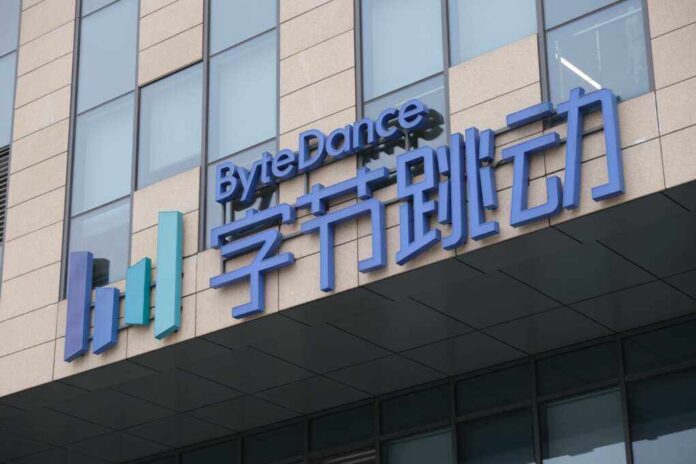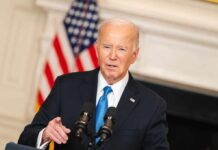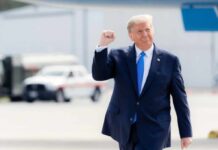
As if Americans needed more reasons to be wary of the wildly popular app TikTok, new findings by the Network Contagion Research Institute and Rutgers University suggest an unsettling truth. The study published on December 21 indicates that the social media platform owned by Chinese company ByteDance is not just a forum for viral dances and cultural trends. Instead, it appears to be a subtle yet powerful tool for the Chinese Communist Party (CCP) to promote its agenda.
The research delved into TikTok’s handling of various hashtags, comparing them with their presence on Instagram. The findings are telling: sensitive topics like Uyghurs, Tiananmen Square, Tibet, Hong Kong, Taiwan, and the South China Sea were markedly suppressed on TikTok. Contrastingly, these topics saw much higher visibility on Instagram. This disparity paints a worrying picture of censorship and manipulation.
TikTok Data Suggests Algorithms 'Align with CCP Objectives', According to Alarming New Study via @WestJournalism https://t.co/xWzbqAXPXi
— Reuben Lucio (@Reuben_je17) January 4, 2024
More intriguingly, the study uncovered that hashtags aligning with CCP objectives, such as #standwithkashmir, were significantly amplified on TikTok. The magnitude of this overrepresentation can’t be understated, considering that the total sum of #standwithkashmir posts dwarfs the sum of all other political hashtags in the study.
TikTok’s U.S. representatives, like spokesman Alex Haurek, have denied CCP influence on the platform, calling the research methodology flawed and the conclusions baseless. However, these denials seem increasingly flimsy against the mounting evidence. For instance, BuzzFeed News’ review of over 80 internal TikTok meetings revealed an admission from the TikTok Trust and Safety department that “everything is seen in China.”
TikTok's Global Platform Anomalies Align with the Chinese Communist Party's Geostrategic Objectives
In collaboration + @RutgersU, our report takes a data-driven approach: Does TikTok promote or demote content on the basis of CCP interests?
Short answer: It certainly seems so🧵 pic.twitter.com/5OJdODIqfl
— Network Contagion Research Institute (@ncri_io) December 21, 2023
The implications of this study are vast, especially given TikTok’s reach among the youth. A Pew Research Study found that a significant portion of adults under 30 in the U.S. rely on TikTok for news. This reliance on a platform potentially manipulated by the CCP raises serious concerns about the shaping of public opinion and the dissemination of propaganda.
Critics and watchdogs have long suspected TikTok’s alignment with the CCP, but this study provides a data-driven confirmation. It’s not just about data security concerns; it’s about the influence on the geopolitical landscape. The CCP’s alleged use of TikTok to promote its interests and suppress dissenting voices is a strategic move in the digital age, where information is power.
TikTok’s sophisticated algorithm’s ability to keep users engaged is not just about entertainment but represents a dangerous tool the CCP can use to exploit vulnerabilities in U.S. national security, elections, and mental health.

































